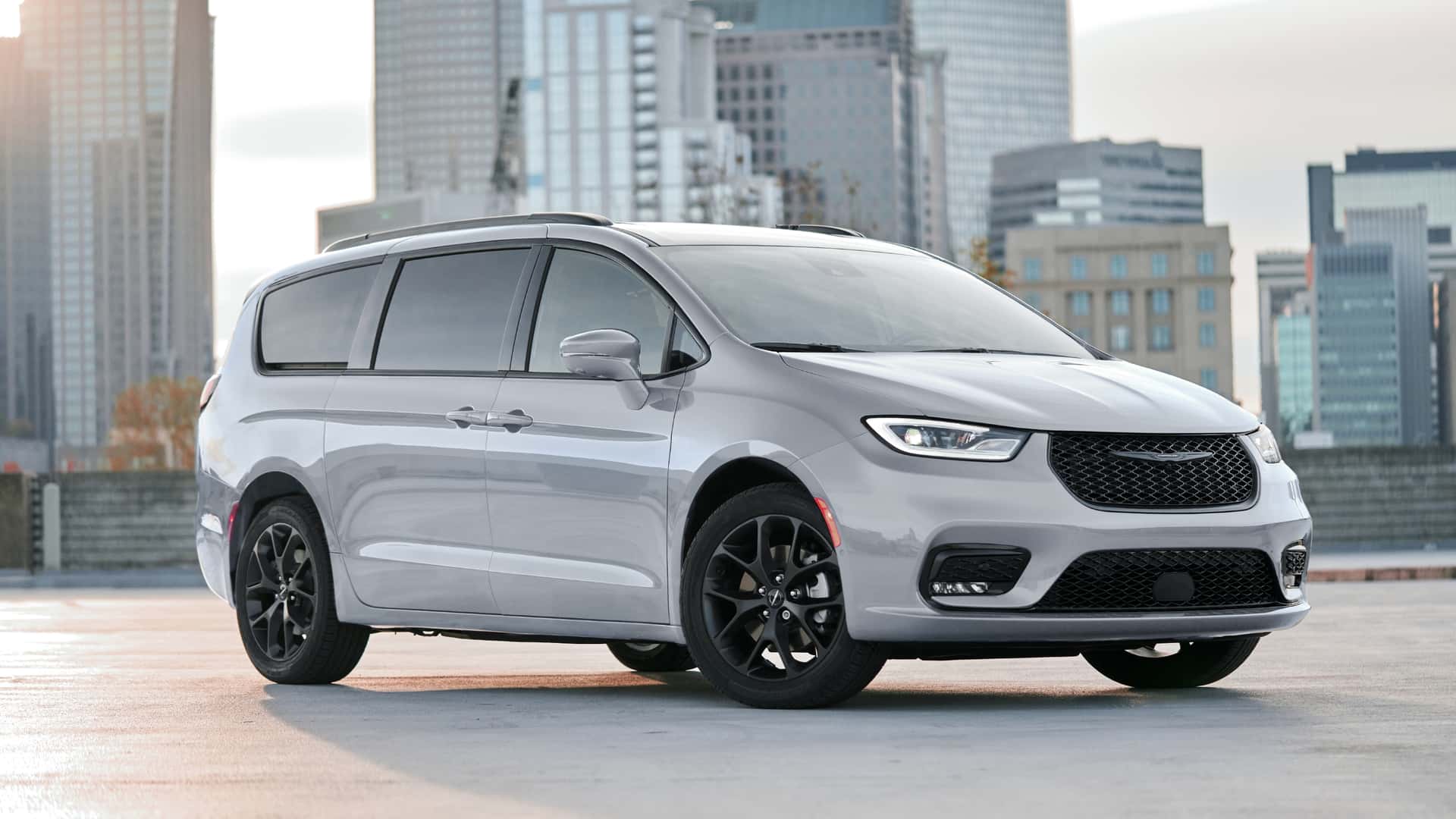Why Are Truckers Issued DOT Compliance Warning Letters?
You just got a warning letter regarding your DOT compliance deadlines from a certain service provider. Are you wondering whether you are the only one receiving such correspondence? Would you instead that the FMCSA to send you a similar warning letter? You wouldn’t.
DOT compliance can get very complicated if you haven’t partnered with a third-party administrator or a DOT compliance facilitator.
And when you receive such warning letters, panic is bound to set in. Your biggest priority should be keeping your business compliant and in line with all the rules and regulations laid down by the US transportation department and the federal motor carrier safety administration. It will take your focus away from your core business activities unless you have a TPA to rely on.
These warning letters do spread a company-wide panic in your organization. Still, the intent is only to keep you aware of the various requirements that you must fulfill throughout the year, such as your DOT supervisor training program, random drug, and alcohol testing, vehicle inspection, fleet maintenance and compliance, driver qualification file, and the like.
Have You Received A Warning Letter From A DOT Compliance Service Provider?
If you have received such a letter from a third-party administrator or any individual posing as a DOT compliance facilitator, there is no need to panic. It is only a reminder to get your records in order. It is only for your benefit so that you can take care of all the requirements that you have to fulfill, whether it is regarding hours of service, controlled substance and alcohol use, crash indicators, safe driving, hazardous materials, or driver fitness.
Have You Received A Warning Letter From The Federal Motor Carrier Safety Administration?
Now, this is a different story altogether. If you have received a warning letter from the FMCSA, that could outline several things, and it will not be in your favor. If you receive such a letter, this means that they have taken into account the data saved in their safety management system. They have access to your safety records, and you could face several consequences if there happens to be even a slight deviation in fulfilling the requirements laid down by the authorities.
The First Thing To Do When You Receive A DOT Compliance Letter
Remember one thing. You do not have to reply to the letter at all. The most intelligent thing to do is to realize that the FMCSA, along with other authorities that you might not even be aware of, will always keep a tab on you.
If you are a motor carrier, your safety performance is something they will always keep under scrutiny. It should be your first priority to be aware of your trucking business and where it stands safety-wise. You should make the necessary improvements and changes to uphold the strongest and most impressive safety performance standards.
This will enable you to prevent any possible intervention from the FMCSA and other authorities. If you fail to do so and if you do not fulfill the requirements laid down by the rules, it could result in the suspension of your operating authority. The federal body is also going to conduct on-site and off-site investigations before they arrive at any conclusion.
Keeping track of Your Safety Data Post Receiving A DOT Compliance Letter
Let’s say that you have received a DOT compliance scam letter. What are you going to do after that? Whether you receive that notification from a third-party administrator or the government, or any federal body, remember that the safety management system gets updated every month. It is going to incorporate and consider data from various sources. This can be vehicle and driver inspections, crash reports from the previous 2 years, and various other documents. This data is organized into 7 categories that are listed below:
- Controlled substances/alcohol use;
- Vehicle maintenance;
- Crash indicator;
- Unsafe driving;
- Hours of service;
- Hazardous materials;
- Driver fitness.
The federal motor carrier safety administration is going to use this information to prioritize the investigation and intervention in the case of motor carriers.
What Follows After A DOT Compliance Warning Letter?
You must understand that this warning letter is a part of the intervention initiated by the federal motor carrier safety administration. This is to ensure that you abide by all the rules, regulations, and guidelines laid down by the federal body.
Early Contact, Which Is The Warning Letter
The warning letter that you have received is the early contact that the FMCSA has established with you. But remember the same early connection may also include targeted roadside inspections. These can be unexpected and are usually prompted by specific problems or issues with the vehicle.
Investigation
The safety inspector appointed by the federal motor carrier safety administration may perform three types of investigations. These can be performed either at the place of the business or even remotely. The safety inspector is going to use the safety management cycle of the FMCSA to assess and identify safety and compliance issues with the motor carrier. These three types of investigations are:
● On-Site
The SI is going to need a few documents from the carrier. They will look at these documents to carry out a remote investigation.
● Off-Site Focused
This is where a few safety and compliance-related issues will be addressed. The Safety Inspector can perform this inspection at the place of business of the carrier, and it may involve the assessment of motor vehicles in addition to interviews with employees.
● On-Site Comprehensive
This is probably the most intimidating investigation. You do not want any of this because it will involve a comprehensive assessment of all your business operations for any potential complaints and safety issues. This is probably the only thing that you could be a little anxious about after you receive a DOT compliance warning letter.
Why are Truckers Issued DOT Compliance Warning Letters: Final Thoughts
But remember that it is not even worth getting anxious about. When you are confident that you have no issues related to your safety compliance, fleet maintenance, or driver behavior, you are more relaxed than ever. Contacting a dependable and experienced third-party administrator is the only way to ensure that. Stay diligent, stay compliant.




















